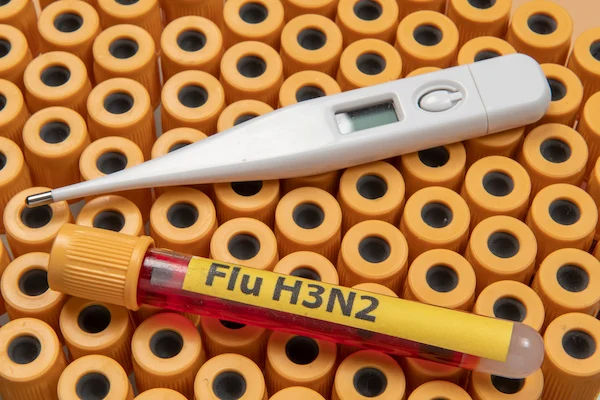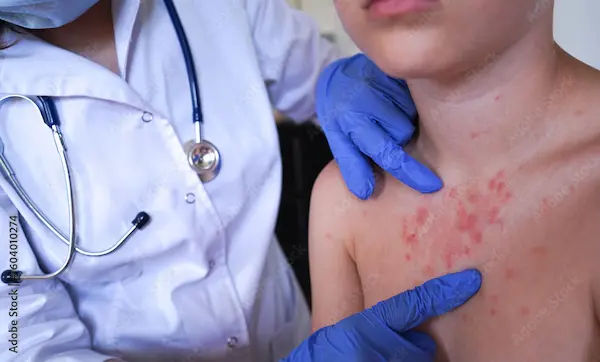Understanding Concussions and Their Management
Know about concussions, what it is, common causes, signs, symptoms, diagnosis, what you can do for a concussion, and how to identify an emergency and more.

Written by Dr. M L Ezhilarasan
Reviewed by Dr. Rohinipriyanka Pondugula MBBS
Last updated on 13th Jan, 2026
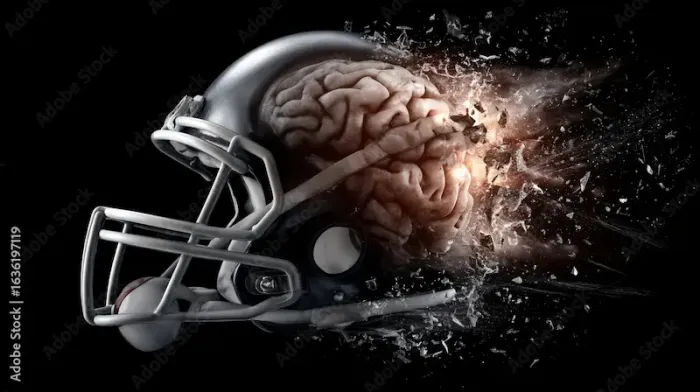
Introduction
A concussion is a mild traumatic brain injury (TBI) that affects brain function, usually caused by a blow to the head or a sudden jolt to the body. While concussions are common, especially in sports and accidents, they should never be ignored. Proper understanding and management are crucial for a full recovery.
This article will discuss concussions and their management.
What is a Concussion?
A concussion occurs when a sudden impact causes the brain to move rapidly inside the skull, leading to temporary changes in brain function. Unlike more severe brain injuries, concussions do not typically show up on imaging tests like CT scans or MRIs, but they still require careful attention.
Consult a Neurologist for Personalised Advice
Common Causes of Concussions
Common causes of concussions include:
• Falls (common in children and older adults)
• Sports injuries (football, soccer, boxing, etc.)
• Car accidents
• Physical assaults
• Workplace accidents
Signs and Symptoms of a Concussion
Symptoms may appear immediately or develop hours or even days after the injury. They can vary from person to person but often include:
Physical Symptoms
Physical symptoms include:
• Headache or pressure in the head
• Dizziness or balance problems
• Nausea or vomiting
• Blurred or double vision
• Sensitivity to light or noise
• Fatigue or drowsiness
Cognitive Symptoms
Cognitive symptoms include:
• Confusion or feeling "foggy"
• Difficulty concentrating
• Memory problems (forgetting events before or after the injury)
• Slowed thinking
Emotional & Sleep-Related Symptoms
It includes:
• Irritability or mood swings
• Anxiety or depression
• Trouble sleeping or sleeping more than usual
If you or someone you know experiences these symptoms after a head injury, it’s important to seek medical attention.
How Are Concussions Diagnosed?
A doctor will assess symptoms, review the injury details, and perform neurological tests to check:
• Balance and coordination
• Reflexes
• Memory and concentration
• Vision and hearing
In some cases, imaging tests (CT or MRI scans) may be done to rule out more serious injuries like bleeding or swelling in the brain.
Managing a Concussion: What You Can Do?
Recovery from a concussion requires time and proper care. Here are some key steps to follow:
1. Rest – Both Physical and Mental
• Avoid physical activities (sports, heavy exercise) until fully recovered.
• Limit activities that require concentration (reading, screen time, work/school tasks).
• Gradually return to normal activities under medical guidance.
2. Monitor Symptoms
• Keep track of any worsening symptoms.
• Avoid activities that trigger headaches or dizziness.
3. Stay Hydrated and Eat Nutritious Foods
• Proper hydration and a balanced diet support brain healing.
• Avoid alcohol and drugs, as they can slow recovery.
4. Get Enough Sleep
• Rest helps the brain heal, but excessive sleepiness could indicate a problem—consult a doctor if concerned.
5. Avoid a Second Injury
• A second concussion before full recovery can lead to serious complications (Second Impact Syndrome).
When to Seek Emergency Care?
Most concussions improve within a few weeks, but certain symptoms require immediate medical attention:
• Worsening headache
• Repeated vomiting
• Seizures
• Slurred speech
• Weakness or numbness in limbs
• Loss of consciousness (even briefly)
• Increased confusion or unusual behaviour
If any of these occur, seek emergency care immediately.
Preventing Concussions
While not all concussions can be avoided, these precautions can help reduce risks:
• Protective gear (helmets for biking, sports, etc.).
• Follow safety rules in sports and workplaces.
• Make living spaces safer (remove tripping hazards, use handrails).
• Drive safely (wear seatbelts, avoid distractions).
When to Return to Normal Activities?
Recovery time varies—some people heal in days, while others take weeks or months. Doctors often recommend a gradual return to work, school, or sports, ensuring symptoms don’t return with increased activity.
Final Thoughts
Concussions are serious and require proper care. Ignoring symptoms or returning to activities too soon can delay healing and increase risks. If you suspect a concussion, consult a healthcare professional for guidance.
Consult a Neurologist for Personalised Advice
Consult a Neurologist for Personalised Advice

Dr Debnath Dwaipayan
Neurosurgeon
9 Years • MBBS, MS(Gen. Surgery), DrNB (Neurosurgery)
Delhi
Apollo Hospitals Indraprastha, Delhi

Dr. K Siva Rama Gandhi
Neurologist
11 Years • MBBS, DNB (Gen. Med.) DNB (Neurology) MBBS.,MD.,DNB
Kakinada
Apollo Hospitals Surya Rao Peta, Kakinada
(75+ Patients)

Dr. Soniya Tambe
Neurologist
16 Years • MBBS, MD, DM(NEUROLOGY), FEBN (European board of neurology)
Bengaluru
Apollo Clinic, JP nagar, Bengaluru
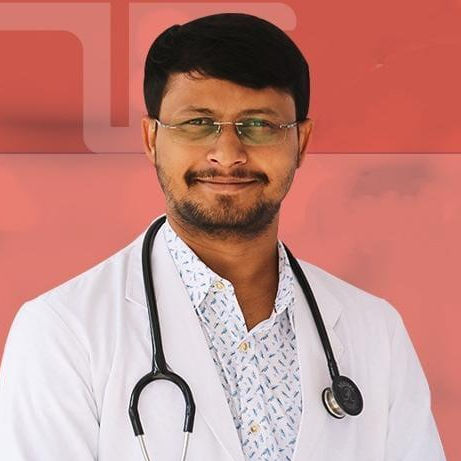
Dr. Ganeshgouda Majigoudra
Neurologist
10 Years • MBBS, MD ( GENERAL MEDICINE) DM (NEUROLOGY)
Bengaluru
Apollo Clinic, JP nagar, Bengaluru
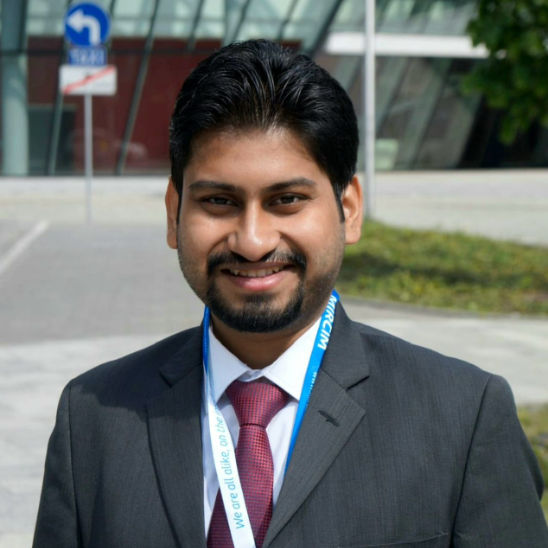
Dr. Uddalak Chakraborty
Neurologist
8 Years • MBBS, MD(GENL.MED.),DM(NEUROLOGY)
Kolkata
MCR SUPER SPECIALITY POLY CLINIC & PATHOLOGY, Kolkata
Consult a Neurologist for Personalised Advice

Dr Debnath Dwaipayan
Neurosurgeon
9 Years • MBBS, MS(Gen. Surgery), DrNB (Neurosurgery)
Delhi
Apollo Hospitals Indraprastha, Delhi

Dr. K Siva Rama Gandhi
Neurologist
11 Years • MBBS, DNB (Gen. Med.) DNB (Neurology) MBBS.,MD.,DNB
Kakinada
Apollo Hospitals Surya Rao Peta, Kakinada
(75+ Patients)

Dr. Soniya Tambe
Neurologist
16 Years • MBBS, MD, DM(NEUROLOGY), FEBN (European board of neurology)
Bengaluru
Apollo Clinic, JP nagar, Bengaluru

Dr. Ganeshgouda Majigoudra
Neurologist
10 Years • MBBS, MD ( GENERAL MEDICINE) DM (NEUROLOGY)
Bengaluru
Apollo Clinic, JP nagar, Bengaluru

Dr. Uddalak Chakraborty
Neurologist
8 Years • MBBS, MD(GENL.MED.),DM(NEUROLOGY)
Kolkata
MCR SUPER SPECIALITY POLY CLINIC & PATHOLOGY, Kolkata

